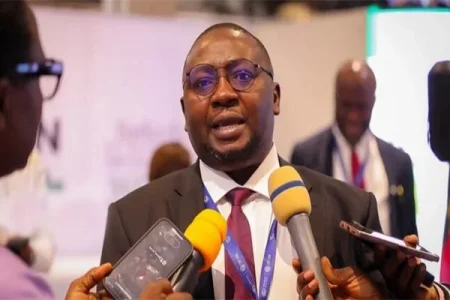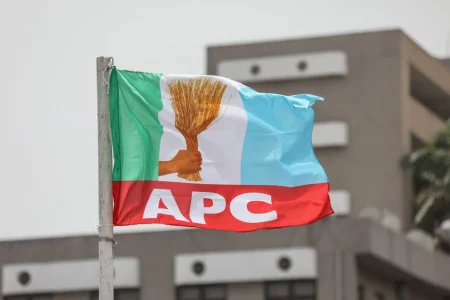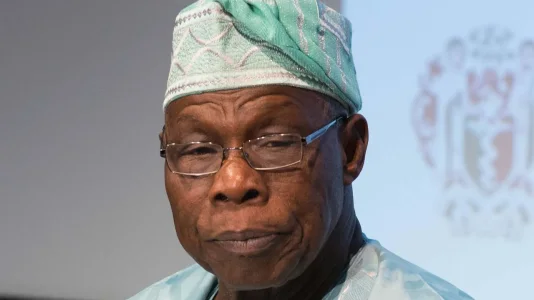
Discover the shocking revelation of over N10.01 billion in unpaid electricity bills by federal government ministries, departments, and agencies (MDAs). Investigations uncover systematic fund diversion, burdening the administration and raising fiscal deficit concerns.
An in-depth investigation has uncovered a disturbing trend within the Nigerian federal government, suggesting a systematic diversion of public funds meant for the payment of electricity bills. The investigation, spanning the years 2021 to 2023, reveals that over 34 ministries, departments, and agencies (MDAs), including the Nigerian Army headquartered in Abuja, may have been involved in circumventing budgetary allocations designated for electricity expenses.
Despite a substantial budget allocation of N10.01 billion, a significant portion of these funds remains unpaid, raising serious concerns about fiscal responsibility and financial mismanagement within the government.
The investigation unearthed official records indicating that several key government entities have defaulted on their electricity payments, accumulating substantial arrears. The Presidential Villa, alongside 34 MDAs, reportedly owes a collective sum of N47 billion to the Abuja Electricity Distribution Company (AEDC), with the Nigerian Army's outstanding debt alone amounting to N12 billion.
This default not only places a financial burden on the power distribution companies but also threatens to strain the relationship between the government and utility providers.
Despite specific provisions in the annual national budgets, the diversion of funds intended for electricity payments has led to a significant fiscal deficit, adversely impacting both the current administration and future ones. Notably, electricity payment ranks as a first-line charge in the recurrent component of the budget, highlighting the critical importance of honoring these obligations.
The investigation further revealed a troubling disparity between budget allocations and actual expenditure on electricity bills among various government entities. Despite receiving substantial budgetary allocations for electricity payments, many MDAs have failed to settle their outstanding debts, raising suspicions of possible misappropriation or financial irregularities. The Nigerian Army, for instance, received billions of naira for electricity bills but lacks evidence of actual expenditure on this essential service.
The failure to settle these electricity bills not only threatens the financial stability of the power firms but also exacerbates fiscal deficits and undermines public trust in government institutions. Urgent measures are needed to address these systemic issues, including enhanced transparency, accountability, and oversight mechanisms to ensure that allocated funds are used for their intended purposes.
Amidst these revelations, the Nigeria Labour Congress (NLC) has initiated nationwide protests against the recent electricity tariff hike, demanding the immediate reversal of the decision. The move underscores growing public discontent over rising electricity costs and highlights the need for comprehensive reforms within the energy sector to ensure affordability and accessibility for all Nigerians.
Source: Leadership




![[VIDEO]: Oriyomi Hamzat Declares 2027 Governorship Ambition Under Accord Party](/data/attachments/227/227657-5c275bb8dbc744e4477adf288b812ac3.jpg?hash=NxTa_SGrny)